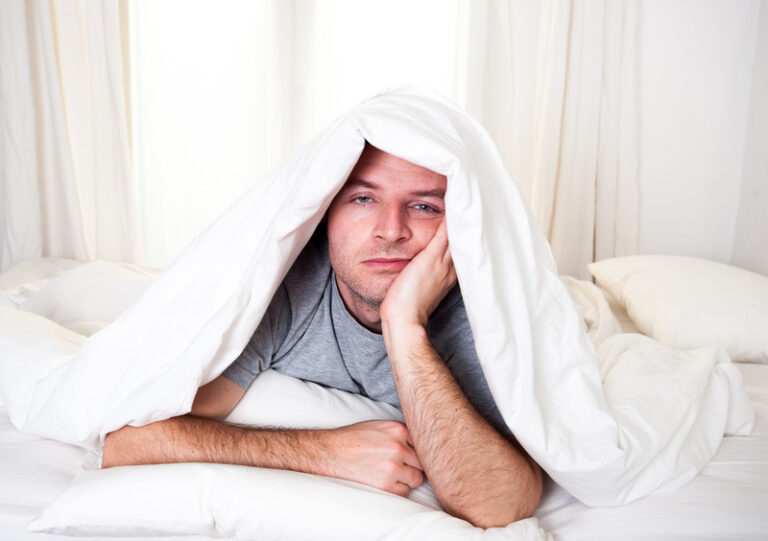After a hard day at work, home or play, you go to bed, heart set on having a good night’s sleep. Then you lay there, wide awake, or semi-awake, mind going a mile a minute. You look at the clock – an hour has gone by. You toss and turn, trying to find that magical position that will allow you to drop into a restful slumber, but it alludes you. Maybe another hour or two has passed. You either stick it out, desperate to eke out the remaining hours you have before you’re required to get up. Or, maybe you get up and do something mundane, hoping boredom will take over and you can sink into the last of your bed time hours.
Another crazy sleep pattern is where you fall asleep fairly easily, but then an hour or two later you are wide awake. You try desperately to recapture those peaceful moments, the need for more of it, ever circling your mind, but sleep is nowhere to be found.
Maybe you are in a dreamful state – not really asleep, but not really awake either. You toss and turn, fall asleep, wake again, get up to find relief, but are not able to return to sleep. Maybe your dreams are so vivid that all the efforts to fall asleep are to no avail.
There are as many reasons why you can’t sleep as there are types of sleeplessness. But the results are all the same. You wake tired, you do your daily activities tired, you go to bed tired, feeling like all that fatigue is surely enough to drop an orangutan to sleep. But it’s not. The same sleeplessness haunts you night after night until one night the body has no choice and you finally find one night’s sleep. But it’s not enough.
Sleep deprivation can affect every aspect in your life. You are less efficient, less patient, quicker to anger, irritability or frustration, more prone to accidents, and emotional balance just isn’t there.
Do you know what woke you? Do you track your diet? Do you have a bed time routine? Do you eat something before bed, or do you avoid food before bed? When do you exercise? Before bed or early in the morning?
There are so many things that effect sleep, and each of the above scenarios have different causes. It is important that you take a look at the totality of not only all mentioned above, but other health conditions you have. The number one most important thing about restoring sleep is the detective work that is done to put together a pattern of health issues, medications, exercise, water, foods, and much more to find the underlying culprit that is making what should be slumber, more of a wakeful experience.
©2018 Holly A. Carling, O.M.D., L.Ac., Ph.D.







